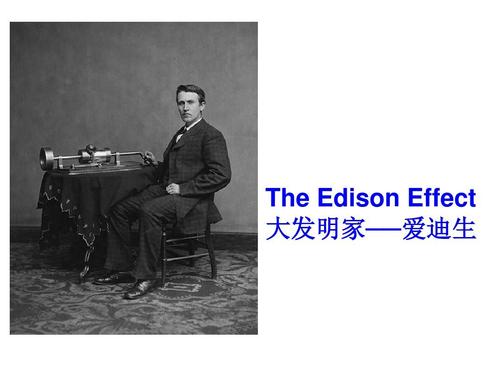Title: A Brief Introduction to Thomas Edison

Thomas Edison, born on February 11th, 1847, was an American inventor and a businessman. He is often described as one of the greatest inventors in history, as he held over 1,000 patents for his inventions.
Edison's early life was surrounded by hardship and struggle. He had little formal education and was almost completely deaf. However, his curiosity and determination drove him to create some of the most important inventions of his time.
Some of Edison's most notable inventions include the electric light bulb, the phonograph, and the motion picture camera. His electric light bulb transformed the way people lived and worked, and is still widely used today. The phonograph revolutionized the music industry, allowing people to listen to and record music. The motion picture camera paved the way for the film industry, changing the way people experience entertainment forever.
Edison's legacy extends beyond his inventions. He also helped establish the world's first industrial research laboratory, which became a model for future research facilities. He was a pioneer of the modern era of science and technology, and his work inspired countless inventors and innovators after him.
In conclusion, Thomas Edison was a prolific inventor and a symbol of American ingenuity. Though he faced many challenges throughout his life, his perseverance and dedication to his work led him to change the world in ways that are still felt today.











